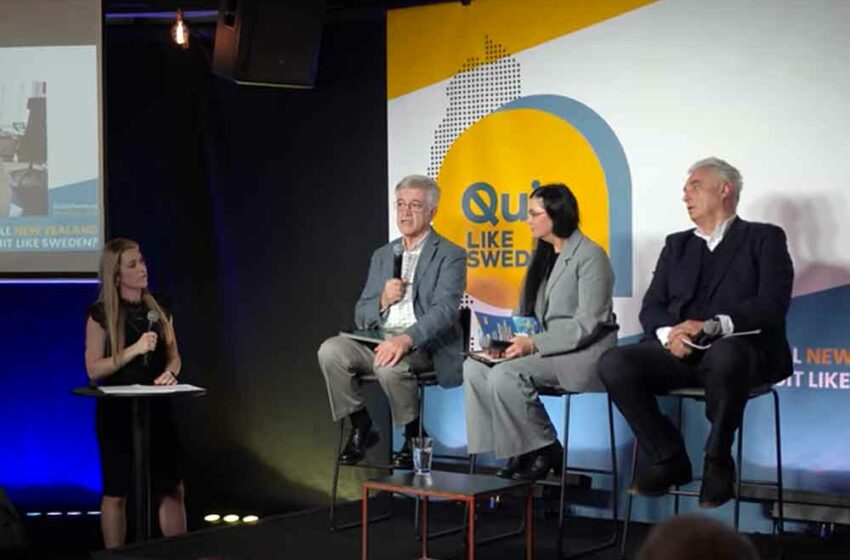New Zealand and Sweden Lauded for THR
- Featured Harm Reduction News This Week
- August 13, 2024
- 0
- 2 minutes read

We Are Innovation (WAI) released a video about Sweden and New Zealand reducing smoking rates through the consistent use of innovative alternatives. Titled “Smoke-Free Success: Sweden and New Zealand’s Experiences,” it highlights the role of safer nicotine products in decreasing smoking-related deaths and diseases.
As WAI explains on its website, Sweden’s pragmatic approach to smoking reduction has been heralded as a global model. Historically, Sweden has had a significant population using snus, a smokeless tobacco product. This cultural acceptance of the product laid the groundwork for the introduction of oral nicotine pouches, providing smokers with safer alternatives to cigarettes.
According to Anders Milton, former chair of the World Medical Association, 17 percent of Swedish men use snus daily while only 5.6 percent of Swedish men—the lowest rate globally—smoke. Sweden also boasts the lowest incidence of lung cancer in the European Union.
In New Zealand, the legalization of vaping has led to a significant decline in smoking rates, dropping from 16 percent to 6.8 percent over eight years, according to WAI. This progress, the group says, positions New Zealand to achieve its smoke-free target by 2025.
Marewa Glover, a behavioral scientist with over 31 years of experience in public health, believes that vaping has been transformative. According to her, it offers smokers a less harmful option and substantially reduces smoking rates.
WAI contrasts the approach of Sweden and New Zealand to that of Australia, where restrictive policies on vaping have hindered anti-smoking efforts, according to the organization. Critics point out that ideological objections and vested interests have slowed progress toward harm reduction, with some groups favoring an abstinence-only approach rather than adopting alternative solutions like vaping. The abstinence-only approach does not work for everyone, and since cigarettes bring in a lot of tax, there are vested interests that benefit from that, according to WAI.

